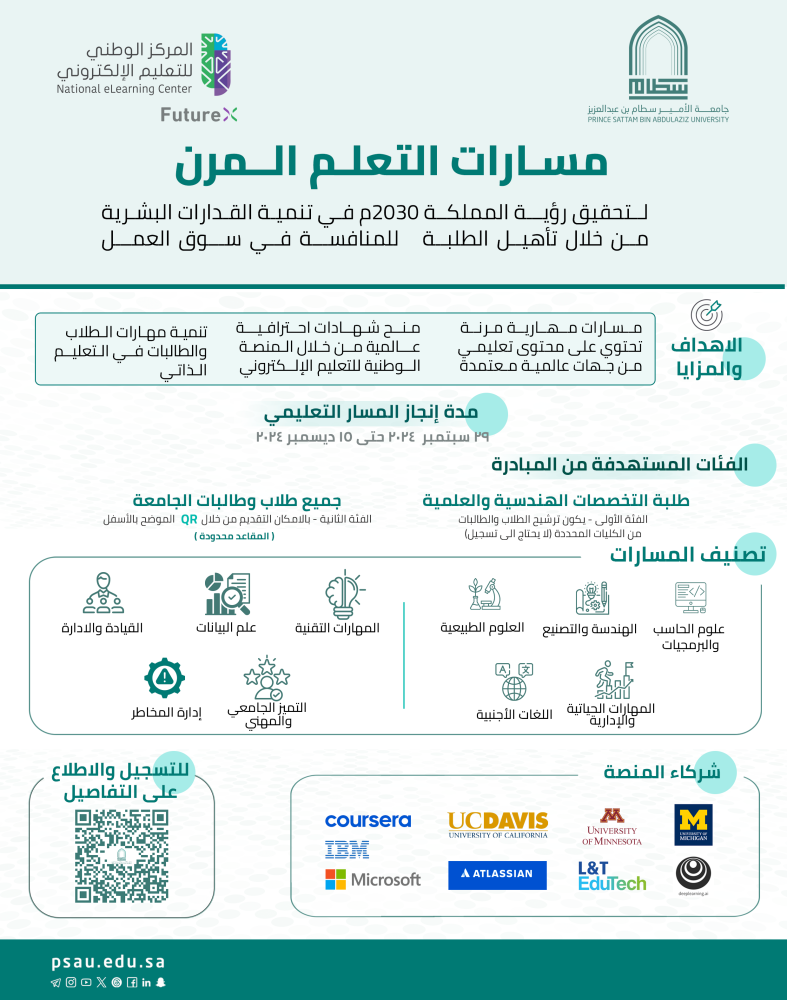In recent years, the educational environment has undergone a radical transformation, driven by the need for diverse learning experiences that are adapted to the needs of each learner. This transformation has led to the emergence of many new educational programs and methods that have efficiently responded to the ongoing challenges in the field of education. Among these methods, the “Flexible Learning Paths Model” has emerged as an innovative solution that responds to the requirements of modern society, thus surpassing traditional methods of education.
In light of the urgent need for renewal, educational institutions have responded effectively by developing and adopting flexible learning paths. These paths represent an important step towards achieving more flexible and interactive education, enabling learners to access diverse educational resources in a way that suits their individual learning styles and schedules. This approach enables them to be better prepared to face future challenges.
To embody this trend, the Human Capabilities Program was launched, which is one of the main programs within the Kingdom’s Vision 2030, aiming to develop human skills and capabilities in the Kingdom of Saudi Arabia, in line with the needs of the labor market and global developments. If the program requires continuous training and development for individuals in various fields, which emphasizes the importance of the flexible learning paths model as an effective tool that contributes to achieving its goals and enables all individuals to learn and develop in line with market needs and enhance their capabilities in building a competitive knowledge economy based on innovation and skills.
More details about the Flexible Learning Paths initiative are at the following link:
Flexible Learning Pathways Initiative at Prince Sattam bin Abdulaziz University

